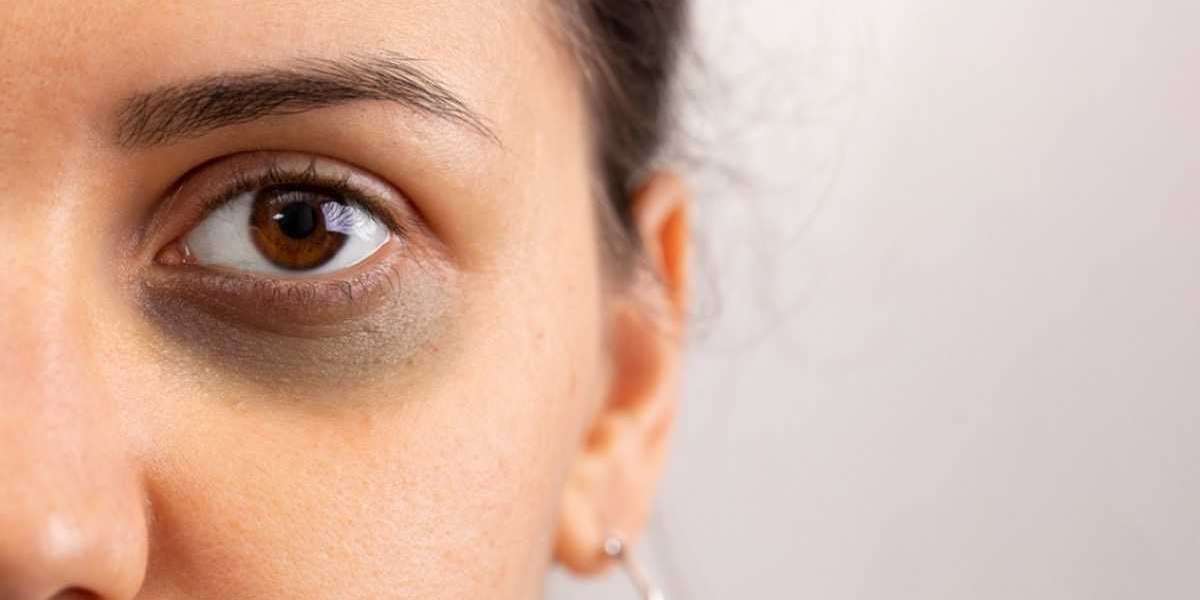Dark circles are a common problem and can be caused by a variety of factors. These include genetics, aging, allergies, and thin skin.
If you are looking for dark circles treatment, there are a variety of options available like retinoid creams, lasers, and injectables. Whether you're dealing with pigmentation under the eyes or excess fluid, your dermatologist can suggest a treatment that's right for you.
- Retinoids Creams
Retinoids, vitamin A derivatives that stimulate cell turnover and improve skin tone, are used to treat acne and photoaging (the appearance of fine lines and wrinkles). They also help reduce inflammation and limit high rates of skin cell proliferation.
Despite their effectiveness, retinoids can irritate the skin and cause some dryness and peeling. Because of this, it's important to use them with caution.
When choosing a retinoid, look for a mild product that will not irritate your skin. If you're not sure what kind of retinoid is best for your skin, ask your dermatologist.
Apply a dime-size amount of retinoid at night, and follow with your usual nighttime moisturizer. Keep in mind that retinoids can lead to sunburn, so make sure you wear broad-spectrum sunscreen every day while using them. If you experience any side effects, discontinue treatment immediately and talk to your doctor.
- Hydroquinone
Hydroquinone is a bleaching agent that can be used to reduce the appearance of freckles, age spots, and dark circles under the eyes. It inhibits the formation of melanin, the pigment that gives skin its color.
Doctors can prescribe higher strengths of this medication, but they come with major risks like Ochronosis (black discoloration of the skin).
When applying a hydroquinone treatment, it is important to wash your hands thoroughly before and after use. This will stop the product from lightening the skin on your fingers, which could cause irritated and itchy skin.
Some people will notice an increase in redness or dryness when using this cream, but it will fade as your skin gets used to the ingredient. If these side effects bother you, stop using the product and consult a dermatologist or healthcare provider.
- Kojic Acid
Kojic acid is a powerful skin-lightening agent that helps fade discoloration caused by sun damage or age spots. It also inhibits the action of Tyrosinase, an enzyme that forms melanin (brown pigment).
It can be found in several products, including creams, serums, cleansers, face masks, and soaps. It can also be added to other skincare products to help increase their effectiveness.
This ingredient is safe for most skin types, but it's important to do a patch test before using Kojic acid on large areas of your face. Those with sensitive or eczema-prone skin may experience an allergic reaction to it, which can result in a rash, irritation, or itchiness.
Kojic acid also has antifungal benefits, which can help decrease the chances of developing certain fungal skin infections, such as athlete's foot and yeast infections. It is also thought to have antibacterial effects.
- Arbutin
If you’ve tried to brighten or lighten dark spots or hyperpigmentation on your skin, you know it can feel like a never-ending quest. Luckily, there are a few fail-safe skincare ingredients that can help.
One of those ingredients is Arbutin, which is made synthetically or from certain plants in the Ericaceae family (like bearberry). It impedes melanin production to even out skin tone and reduces the appearance of sun spots, discolorations, and hyperpigmentation.
It’s a gentle alternative to hydroquinone and can be used as double chin treatments or in combination with other skin lighteners, says Chiu. It’s also safe for sensitive skin, as it releases the active ingredient gradually.
It also acts on the melanin pathway to inhibit Tyrosinase activity, which is a key factor in melanin production. While small trials show that Arbutin can decrease the appearance of dark spots, it’s best to consult a dermatologist before taking any dark circles treatment.
The Skin Clinic in Mumbai has a team of skin care experts that will guide and suggest the best dark circles treatment for you.



